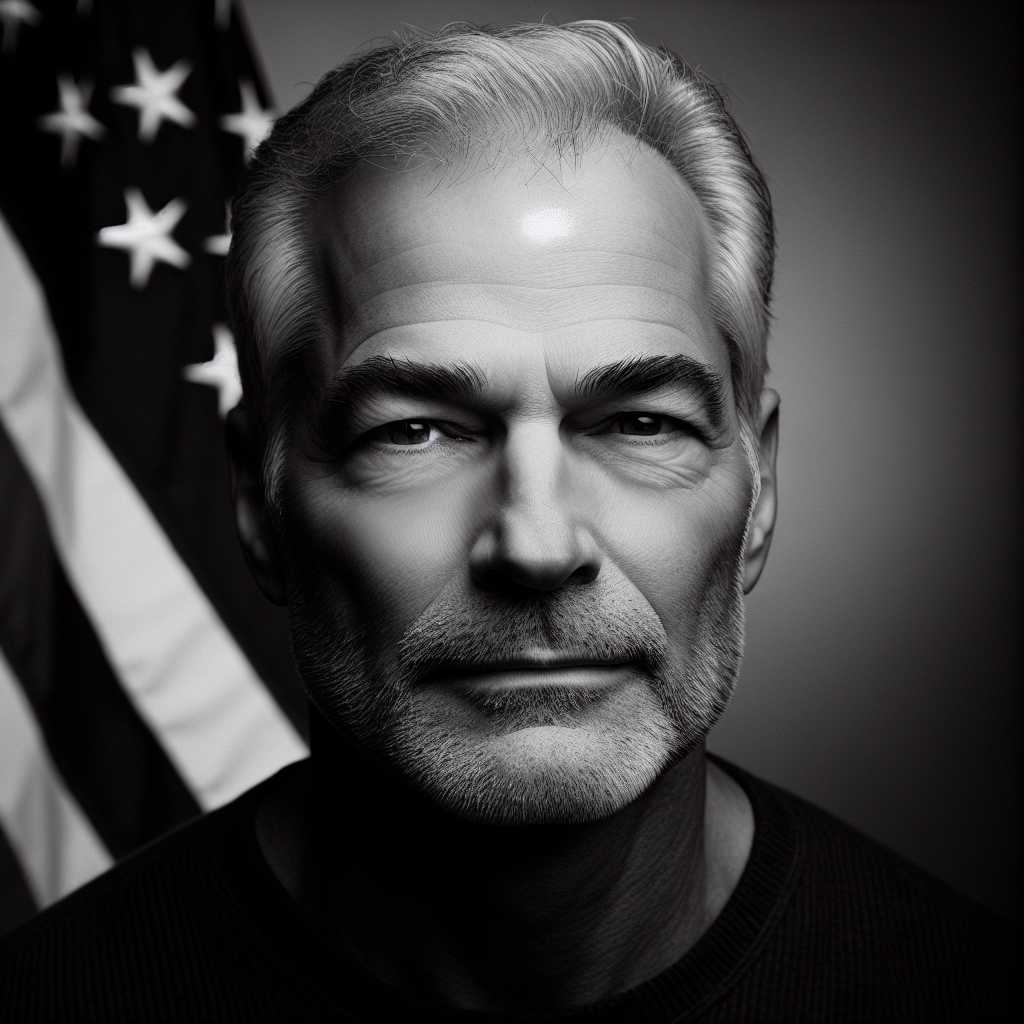The Political Career and Influence of Steve Bannon: An Overview
Steve Bannon is an American political strategist, media executive, and former investment banker who has been a central figure in the rise of alt-right politics in the United States. Best known for his role as the chief executive officer of President Donald Trump’s 2016 election campaign, Bannon became a prominent force in shaping the political discourse in recent years.
Early Life and Career
Steve Bannon was born on November 27, 1953, in Norfolk, Virginia. He served as an officer in the United States Navy before earning his Master of Arts degree in National Security Studies from Georgetown University School of Foreign Service. Following his military career, Bannon attended Harvard Business School, where he earned a Master of Business Administration degree with honors.
Transition into Media and Film
Following his graduation from Harvard, Bannon worked at Goldman Sachs as an investment banker. In the early 2000s, Bannon transitioned into the media realm, where he began producing conservative films aimed at highlighting his political beliefs. Some titles include documentaries focusing on Ronald Reagan and the Tea Party movement.
Brexibart News Network and Rise to Political Prominence
Bannon co-founded Breitbart News Network, which quickly became known for its right-wing opinions and nationalist ideology. Under Bannon’s leadership as executive chairman, the platform grew to become one of the most notorious conservative media outlets known for its brash style and aggressive promotion of right-wing narratives.
Role in the Trump Administration
Bannon played a pivotal role as CEO of Trump’s presidential campaign in the final months leading up to the election in 2016. Following Trump’s victory, Bannon was appointed Chief Strategist and Senior Counselor to the President. His tenure within the White House was controversial given his influence on policy and his strong ideological stance that often appeared to overshadow even Trump’s own narratives.
Bannon’s stint at the White House ended in August 2017 when he departed amid reports of internal clashes and public protests over his appointment. Post-White House, Bannon did not fade away from politics; instead, he continued to seize headlines by supporting alt-right and populist candidates and movements both in the United States and abroad.
Controversial Post-White House Ventures
Post-departure from the White House, Steve Bannon remained a significant political player. As part of an effort to support populist movements around the world, he launched “The Movement,” aimed at rallying nationalists and populists ahead of European parliamentary elections. Additionally, Bannon has continued creating media content aligned with his political views.
He also attracted controversy due to his indirect involvement with Cambridge Analytica—a data analysis firm that came under public scrutiny for mishandling Facebook data and influencing elections through social media tactics.
Legal Challenges and Criminal Charges
Bannon has faced legal challenges—most notably for fraud-related to “We Build The Wall,” a fundraising campaign aimed at supporting the Trump administration’s efforts to build a wall along the U.S.-Mexico border. Addressing these criminal charges became a significant part of Bannon’s narrative post-administration as he utilized them to position himself as a martyr-like figure for the political right.
Return to Political Forefront during Biden Presidency
Despite facing legal difficulties, Bannon remains a tribal voice within American politics during Joe Biden’s presidency. Through podcasting and appearances on various media platforms, Bannon has continued to push forward his ideological agenda while openly criticising actions taken by the Biden administration.
Notes
Image description: An image showing a monochrome portrait of Steve Bannon with a neutral expression looking directly into the camera. Behind him is an American flag partially visible with subdued lighting to focus attention on Bannon’s face.
